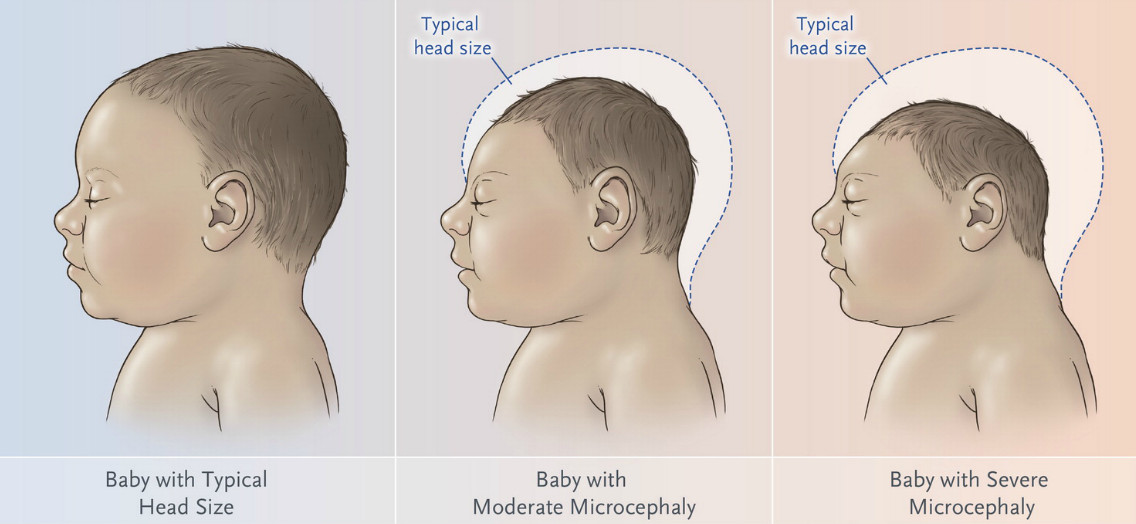On Saturday, former CIA operative Robert Baer told CNN that the information he's seen so far about Russian hacking suggests they did interfere in the US Presidential election with the express goal of helping one candidate (Trump) and hindering another (Clinton). He said, "When a foreign country interferes in your election and the outcome is in doubt, . . . I'm not a constitutional lawyer, but . . . I would like to see the evidence, because if the evidence is there, I don't see any other way than to vote again."
So, is this possible? Could the election not really be over? Could we be going through the whole thing all over again?

So, is this possible? Could the election not really be over? Could we be going through the whole thing all over again?
- One of the other things Baer said was that "If we [the CIA] had been caught interfering in European elections or Asian elections or anywhere in the world, those countries would call for new elections."
- Since all of this is on an international scale -- Russia involved in US politics, Baer using European or Asian countries as models -- I wondered what international law says about all this.

- The UN does stipulate in its charter that violent or physical intervention by one country should not be used to sabotage an election in another. The UN went further in 1965, stipulating that “No State has the right to intervene, directly or indirectly, for any reason whatever, in the internal […] affairs of any other State” and that that every “State has an inalienable right to choose its political, economic, social and cultural systems without interference in any form by another State.”
- What this has meant in practice is that everybody agrees that no foreign country is supposed to go in and physically alter another country's vote or establish some coup to change the results of an election, or kidnap one of the candidates and assassinate them. That is, everybody pays lip service to that. But several countries -- including and especially the US -- have violated that agreement with little or no repercussions.
- This is when the interference is obvious or violent. But when it's more indirect -- distributing fliers with false information to get citizens to vote a certain way, pouring millions of dollars into the desired candidate's campaign -- the rules get a lot more vague. Nobody seems willing to define exactly what constitutes this fuzzier kind of interference and what doesn't, nor do they seem willing to do much to try to change such behavior, or to interfere yet again to undo whatever interference happened.
- So there's been a lot of interference by a lot of countries, in spite of those rules. One of the most notorious offenders has been the US. Here is a short list of occasions when the US is known to have interfered with, unseated, or downright overthrown the government in another country (NACLA, WaPo, Politico):
- 1906 US interfered in Cuba's presidential election
- 1945-1946 US interfered in Argentina's presidential election
- 1948 US interfered in Italy's presidential election
- 1953 US interfered in Iran's election for prime minister
- 1953 US interfered in the Philippine's presidential election
- 1954 US unseated Guatemala's sitting president
- 1961 US assassinated the ruler of Congo
- 1963 US supported a coup against the leader of Vietnam
- 1973 US supported a coup in Chile that put Pinochet in power
- 1984 US tried to sabotage Nicaragua's presidential election
- 2002 US interfered in Bolivia's presidential election
- 2002 US interfered in Nicaragua's presidential election
- 2002 US used the IMF to influence Brazil's presidential election
- 2004 US interfered in El Salvador's presidential election

General Pinochet and Henry Kissinger shaking hands after the coup & killing of Chile's president. Pinochet's bloodthirsty head of secret intelligence, Manuel Contreras, was a former member of the CIA.
(Image sourced from Steemit)
- As the US has done such things, so has Russia. One political scientist finds that US and Russia "intervened in 117 elections around the world from 1946 to 2000 — an average of once in every nine competitive elections.”
- So, first of all, it's beyond disingenuous for an ex-CIA guy to act all shocked and say that if we had interfered in another country, they would do their election over again. Um, no.
- Also, pretty much the rest of the world is laughing at us for pointing at Russia and shouting, "Hey! They messed with our election!"
- But most Americans could give a rat's toothpick about international politics, or the UN, or what we did in the 1950s. As Jack Goldsmith from Harvard Law put it, this is America this has happened to.
- Also, the interference seems different. They used computers. They hacked into our stuff. We've all got phones & computers & everything, so it's like those Russians touched all our stuff. Then they posted whatever dirty laundry they found (was it even that dirty?) about the candidate they didn't like on a site that some people considered to be rogue but maybe necessary. It seems like an invasion, a betrayal, and it's scary. Because if they did that, what else could they do?

Screenshot of Fancy Bear website, boasting about having hacked the Olympics' anti-doping agency. No, the Russian government would have no interest whatsoever in the anti-doping agency being undermined.
(Image sourced from VOA)
- Another reason this situation seems new is that it seems possible that "a presidential candidate of one U.S. party, [Donald Trump], might be working with—or at least supportive of—a major foreign adversary’s efforts to covertly damage the rival presidential candidate.” (again, Jack Goldsmith in the Atlantic)
- In other words, was it at least partially an inside job? By the guy we have just elected president?
- It may be very difficult to draw a direct and clear line from The Candidate to the Russians. The CIA seems to be having some difficulty drawing the line to the Russian government. They can talk about Fancybear all they want, but was that group operating under orders from Putin or his officials? If the CIA knows, they're not saying so far, perhaps because they don't want to reveal how they came by the information and risk exposing people working covertly in the field.
- If they find it difficult to draw one side of the triangle, it might not be possible to draw the other side, from the Russian government to Trump.
- But maybe proving that wouldn't even need to be possible. Would it be enough to say the Russians interfered in our election, and we don't care what the UN or anybody else thinks, we want to have a re-do? Could we do that?
- I suppose we could do anything, if enough of us decided we wanted to. There have been election re-dos before. Here are a few very recent do-overs:
- August 2016, a judge ordered St. Louis to re-do its Democratic primary
- May-June 2016, Haiti decided to re-do its presidential election
- July-December 2016, Austria re-did its presidential election
- In all of those situations, the reason for the re-do was because of evidence of some kind of ballot-related fraud, or even the perception of such fraud -- a suspicious increase in the number of absentee ballots, hundreds of thousands of votes untraceable to actual people, tens of thousands of ballots opened too early.
- In this case, we don't have such ballot-related evidence. We have a lot of emails, though.
- Oh, my word, there is a gigantic joke just sitting there.
- But seriously, folks, a re-do just isn't very likely. There's no international body that would tell us we had to have one, we probably wouldn't listen to them anyway, and even if some internal group like the Election Assistance Commission or perhaps some Senate committee on elections recommended a re-do, the people who are in charge of things -- Congress -- have to vote for a re-do. And we all know how Congress can hardly ever agree on anything, especially if what's at stake benefits one party over the other.
- And the problem we're talking about is that fuzzy kind of interference. What happened wasn't a direct kidnapping or coup, and it wasn't even like the Russians stole a bunch of ballots or changed them. As UC-Irvine Law professor Rick Hasen put it, “It is very rare for courts to declare a revote, and these do not look like the circumstances where courts would declare one. I have never seen anyone try to redo an election based upon the release of information which influenced voters.” (LawNewz)
- But even if the snowball's chance happened and Congress decided on a re-do, logistically, how could that even happen? It takes county boards of elections about 2 months to 100 days to prepare for an election, and that's when they have a lot of advance notice when one is coming. How would we round up all the voting machines and poll workers and everybody else in time to have a re-do vote before January 20?
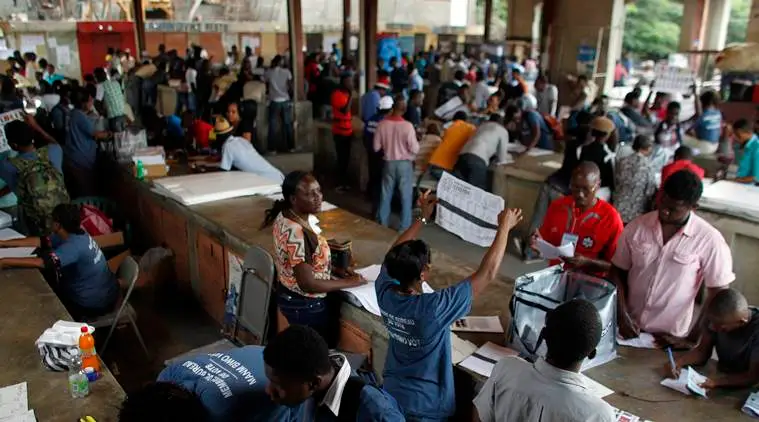
It took Haiti more than a year to re-do the election that was declared to be fraudulent.
(AP Photo by Ricardo Arduengo, from Indian Express)
- So, for all these reasons and more, I think that Robert Baer guy was full of it. He's generally regarded as knowing his stuff when it comes to CIA matters. But in this instance, I think he's off the mark. My suggestion is don't count on a re-do. Focus your energies elsewhere.
Sources
CNN Robert Baer's remarks
LawNewz's opinion on Robert Baer's remarks
Michigan Journal of International Law, Review of UN laws on foreign interference in elections
Foreign Policy Initiative, discussion on Russian interference in foreign elections
Atlantic, opinion on Russian interference, w remarks by Goldsmith
Washington Post, opinion on Russian interference, w/ remarks by Tokaji & Lewis
NACLA, history of US interference in foreign elections
Politico, history of US interference in foreign elections
Washington Post, history of Us interference in foreign elections
Fox2Now, St. Louis election fraud
Fox2Now, St. Louis election fraud part 2
CBSNews, Haiti election re-do
FoxNewsWorld, Haiti election re-do part 2
AFP via Yahoo News, Austrian election re-do
Reuters, Austrian election re-do part 2
Sampson County, NC, Board of Elections, timetable for election preparation
Wayne County, Ohio, Board of Elections, video on planning for an election






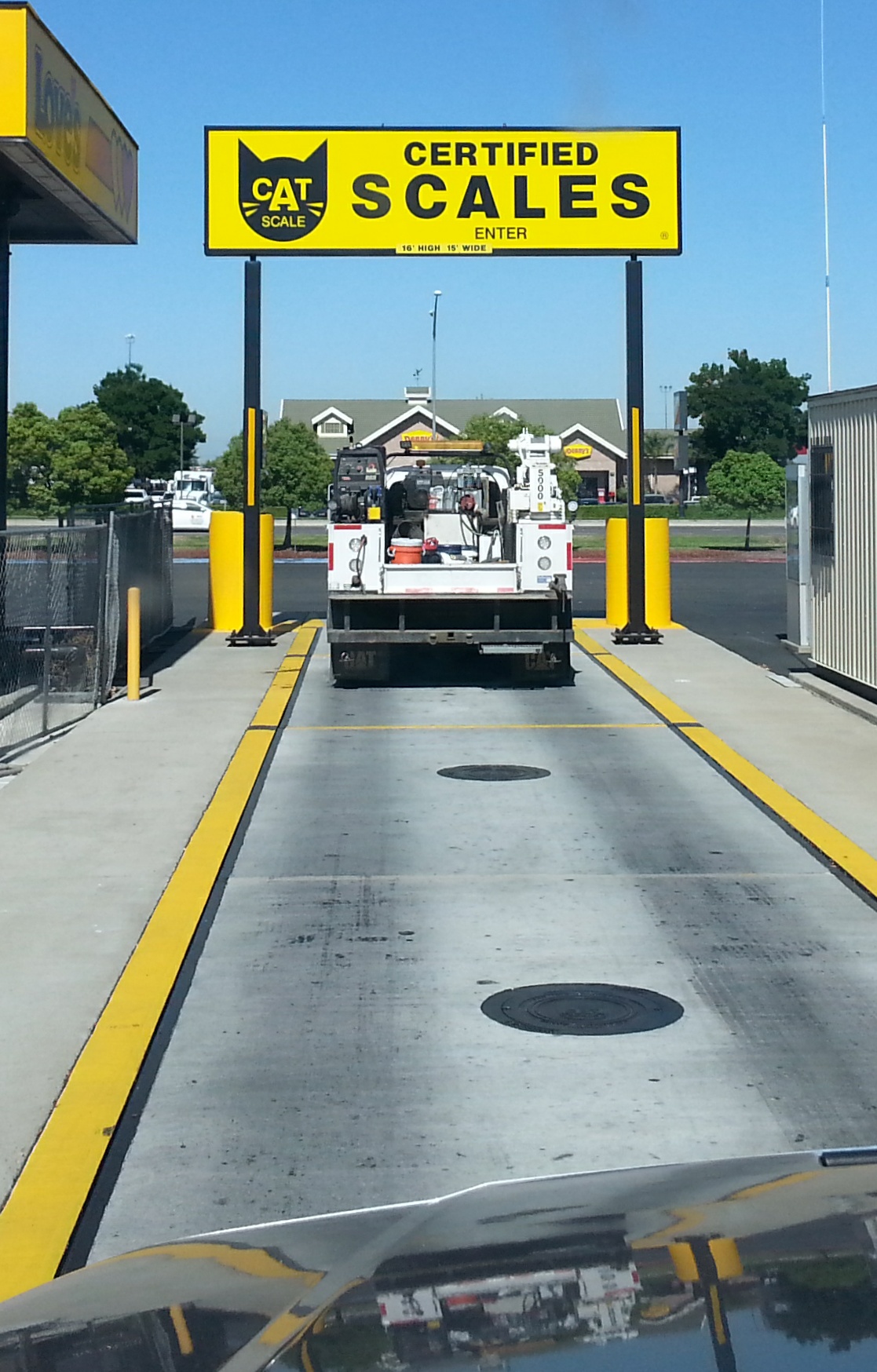




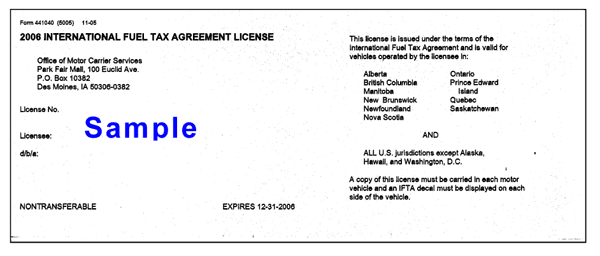
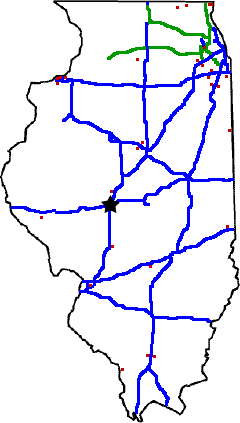





.jpg/1280px-Bernie_Sanders_before_a_crowd_in_Conway,_NH,_on_August_24,_2015_(20876809366).jpg)




